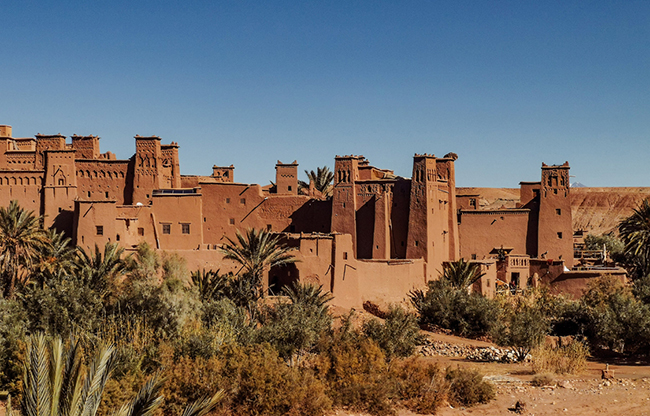1. "The Kite Runner" by Khaled Hosseini (Afghanistan):
- This novel provides a powerful exploration of Afghan culture, capturing the country's tumultuous recent history. It delves into themes of friendship, redemption, and the impact of war on a personal level.
2. "The Joy Luck Club" by Amy Tan (Chinese-American):
- Amy Tan's novel weaves together the stories of Chinese-American women and their immigrant mothers. It explores generational and cultural differences, offering a rich portrayal of Chinese heritage in America.
3. "One Hundred Years of Solitude" by Gabriel García Márquez (Colombia):
- This magical realist novel is a sweeping saga that delves into Colombian history and culture. It follows the Buendía family over several generations, offering a profound exploration of love, power, and the passage of time.
4. "Things Fall Apart" by Chinua Achebe (Nigeria):
- Achebe's classic novel tells the story of Okonkwo, a proud Igbo warrior, and the impact of British colonialism on his community. It provides a poignant look at pre-colonial Nigeria and the clash of cultures.
5. "The God of Small Things" by Arundhati Roy (India):
- Set in Kerala, India, this novel explores the intricate social hierarchy and cultural norms. The narrative is framed within the complex relationships of a family and touches on themes of forbidden love and societal expectations.
6. "The Alchemist" by Paulo Coelho (Brazil):
- While a work of fiction, "The Alchemist" offers insights into Brazilian culture and the pursuit of one's dreams. The story follows Santiago, a shepherd, on a journey of self-discovery and spiritual awakening.
7. "Persepolis" by Marjane Satrapi (Iran):
- A graphic novel memoir, "Persepolis" provides a firsthand account of growing up during the Islamic Revolution in Iran. The author's unique perspective offers a glimpse into the political and cultural changes of the time.
8. "The Namesake" by Jhumpa Lahiri (Indian-American):
- This novel explores the life of an Indian-American man named Gogol Ganguli, who grapples with his identity and cultural heritage while navigating the challenges of assimilation in the United States.
9. "Half of a Yellow Sun" by Chimamanda Ngozi Adichie (Nigeria):
- Set during the Nigerian Civil War, this novel provides a gripping account of the conflict through the eyes of three different characters. It explores themes of love, identity, and the impact of political upheaval.
10. "The Shadow of the Wind" by Carlos Ruiz Zafón (Spain):
- Set in post-World War II Barcelona, this novel unfolds a mystery centered around a forgotten author. It captures the atmosphere of the city and its literary culture, intertwining history and storytelling.
11. "The House of the Spirits" by Isabel Allende (Chile):
- Allende's novel blends magical realism with a multigenerational family saga set in Chile. It explores themes of love, power, and the impact of political change on personal lives.
12. "Purple Hibiscus" by Chimamanda Ngozi Adichie (Nigeria):
- Another powerful novel by Adichie, "Purple Hibiscus" explores the dynamics of a Nigerian family under the influence of an oppressive father. The story offers insights into Nigerian culture and the complexities of family relationships.
These novels provide immersive experiences that go beyond factual accounts, allowing readers to feel and understand the nuances of different cultures. Through the power of storytelling, readers can develop empathy, appreciation, and a broader perspective on the rich tapestry of human heritage.




Comments (0)